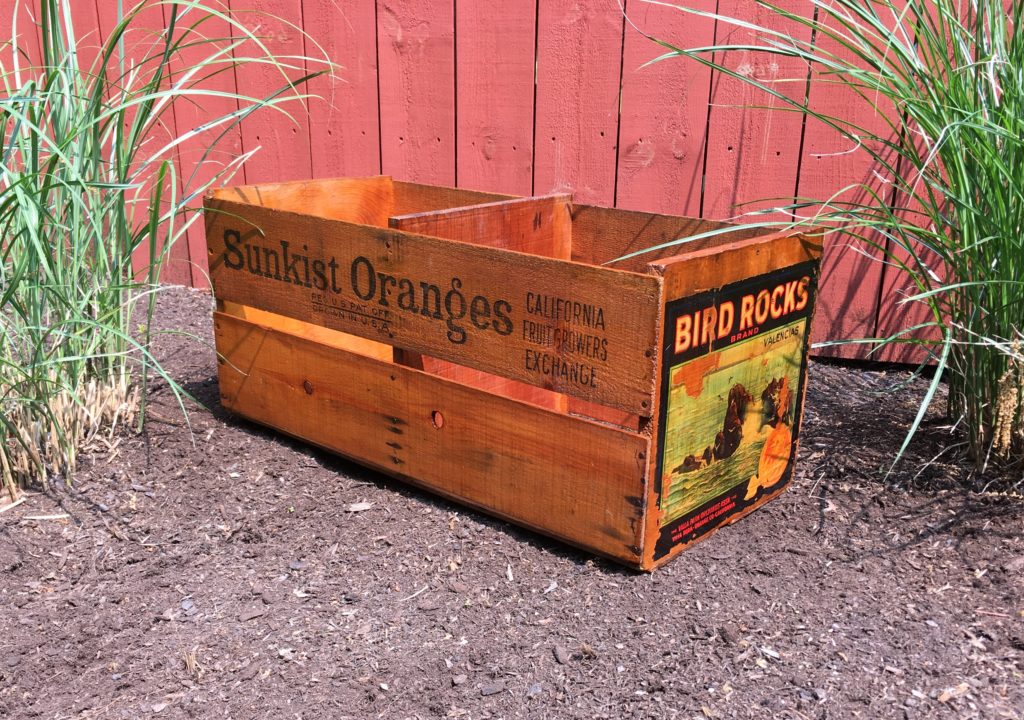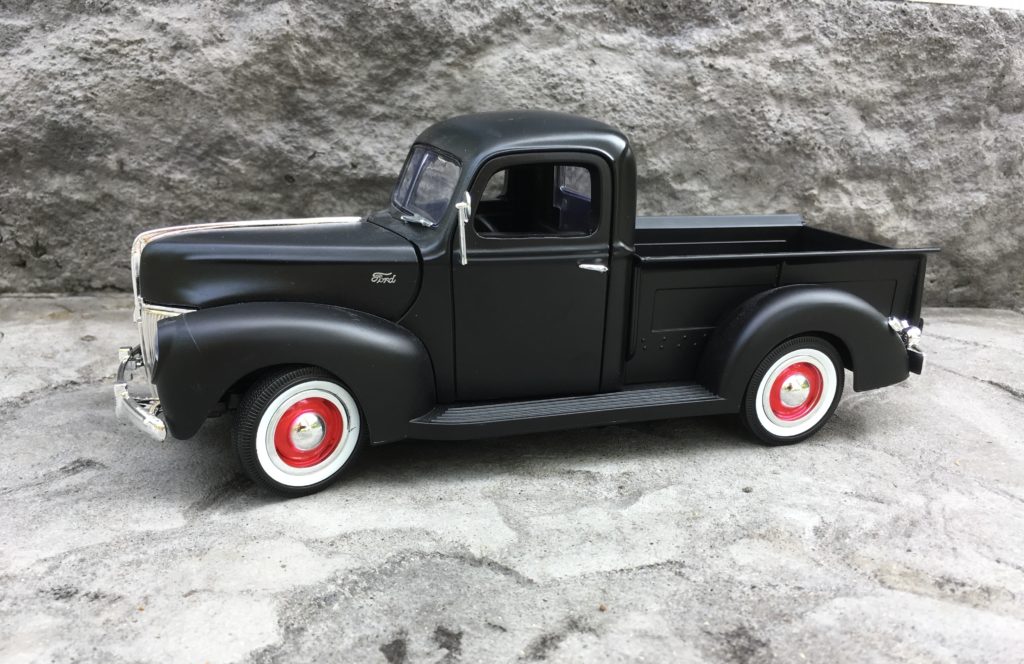I don’t remember his last name, and I’m no longer sure his first name was Duncan, but that’s how I always think of him. Duncan, the grocery delivery man.
Long before Amazon, Instacart, Wegmans, and others got into home grocery delivery, there was Duncan in my hometown in southern Arkansas.
When I was a little kid in the 1940s, one of the stores there delivered groceries. My mother would make out her list, take the receiver off the wall-mounted phone in the front hallway, turn the hand crank to get the operator at the phone company switchboard uptown, ask to be connected to the grocer, read off the things she wanted, then go about her chores while waiting for what she ordered to be delivered—free of charge.
During summer months, I waited too, in the yard, usually playing in the dirt near the end of our sparsely graveled driveway, where foot traffic and shade from dense elm trees made it impossible for grass to grow—not that my digging around making roads for toy cars helped any.
 I wasn’t waiting for the groceries, though. I was waiting for Duncan, the bespeckled black gentleman who brought them in a black pickup truck similar in style to the toy one pictured below. Often, he packed them in a wooden shipping crate that apples or oranges had come in, and when he did, I got the crates. Sometimes, I would see him stop his pickup truck at another house on the block before he got to ours, and on those occasions, I would grow anxious waiting for him to pull into our driveway.
I wasn’t waiting for the groceries, though. I was waiting for Duncan, the bespeckled black gentleman who brought them in a black pickup truck similar in style to the toy one pictured below. Often, he packed them in a wooden shipping crate that apples or oranges had come in, and when he did, I got the crates. Sometimes, I would see him stop his pickup truck at another house on the block before he got to ours, and on those occasions, I would grow anxious waiting for him to pull into our driveway.
“Hi, Mr. Rollie,” he would say when he did. And if it was a day on which he had put our groceries in a wooden crate, he’d add with a huge smile, “I’ve got something for you.” In the South in those years every African-American called every white male “Mister,” no matter how old either of them were. It was a firm custom of the prevailing Jim Crow culture, expected by whites and adhered to by blacks. The memory of that aspect of Duncan’s visits is not a happy one, but I always smile when I remember the man himself.
 I sometimes wonder if he handed out crates to other kids too. I’m guessing he did. I don’t know if he had children of his own or whether, if he did, he was allowed to take crates home to them. I’m guessing he might not have been, which is sad.
I sometimes wonder if he handed out crates to other kids too. I’m guessing he did. I don’t know if he had children of his own or whether, if he did, he was allowed to take crates home to them. I’m guessing he might not have been, which is sad.
I’m sure he knew how much pleasure the crates gave me, because I wore it in my face and my demeanor. And I guarantee you I always said, “Thank you.” My mother made certain of that.
But I also wonder if he ever knew how much his gifts meant for my cognitive development—as those crates became imaginary cars and trucks that I could sit in and make believe I was driving to faraway places or around the corner to made-up houses to deliver my own pretend groceries, all the while trying out grown-up roles and developing stories for whichever trip I was taking in my mind. At the time, I didn’t know the true value of his gifts myself. I certainly didn’t know that one day I would become the editor in chief of a scholarly magazine with articles about the importance of that type of play.
Of one thing, though, there is no doubt. Duncan could not have known how fondly he would be remembered decades later for his contribution to all of that and most of all for his kindness.
To be notified of new posts, please email me.